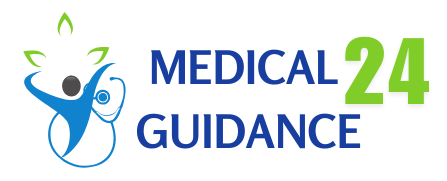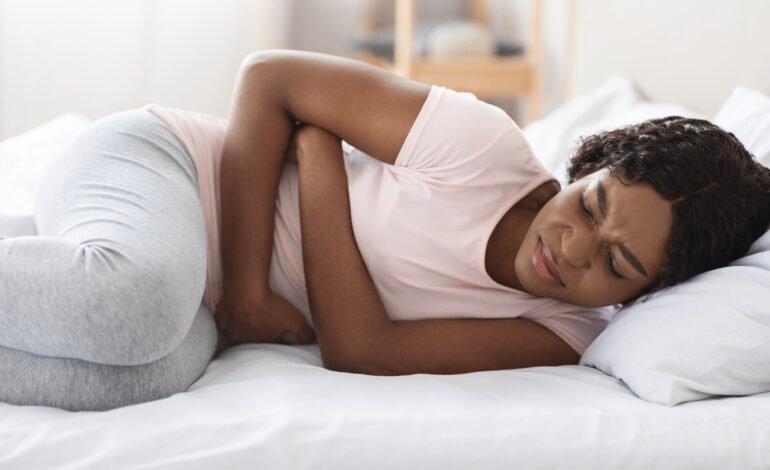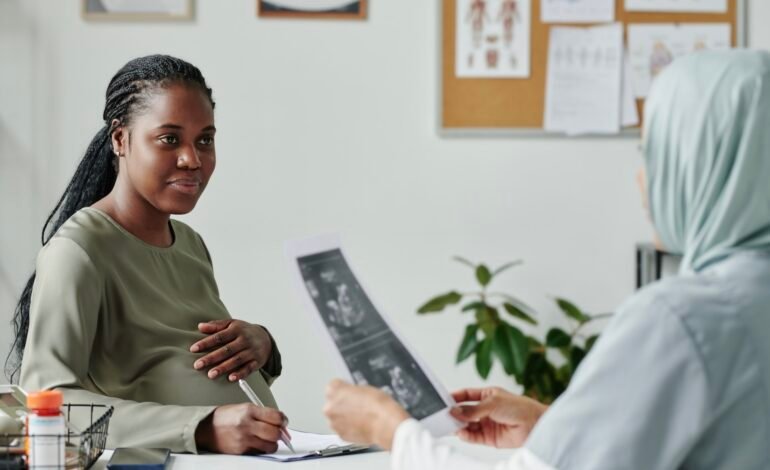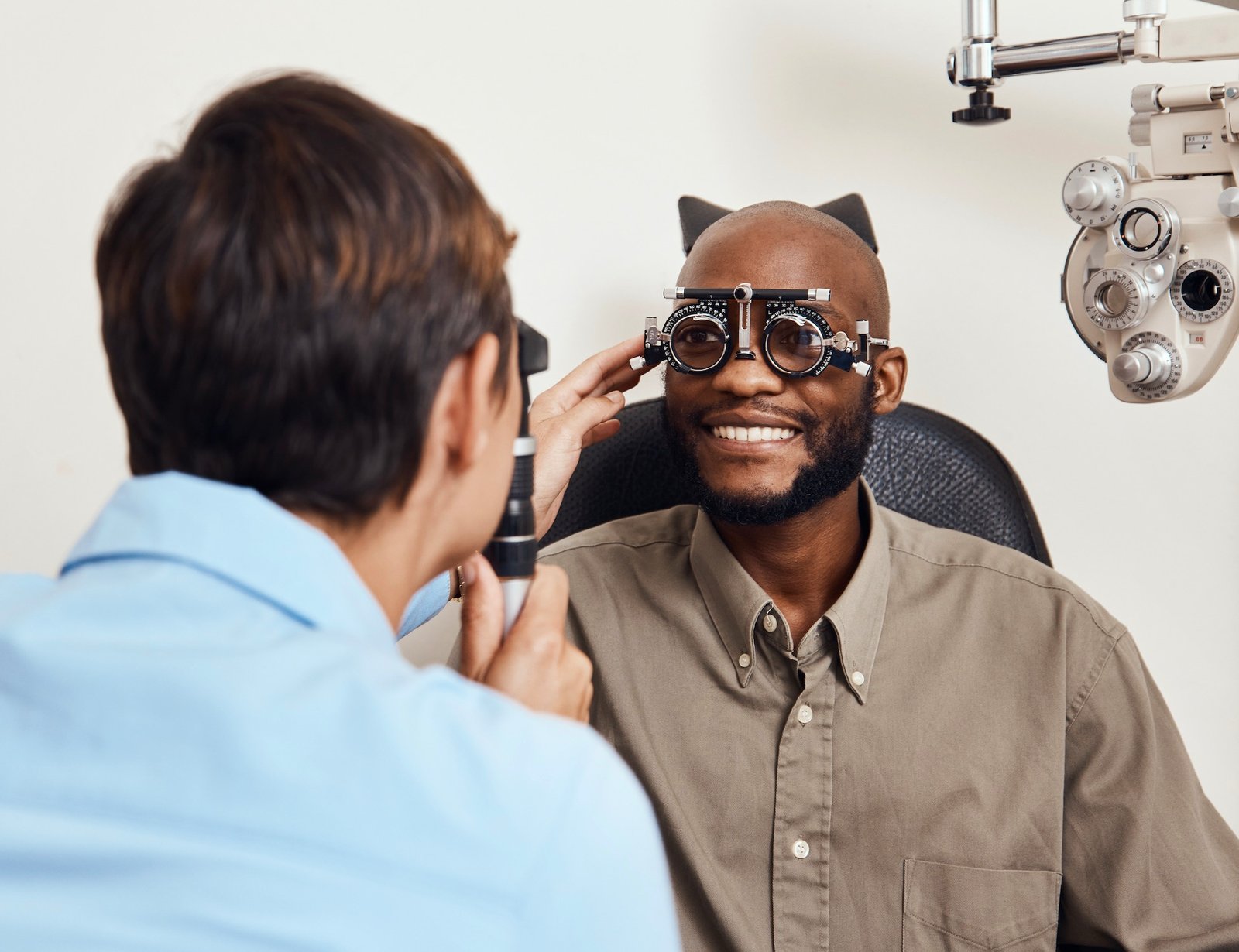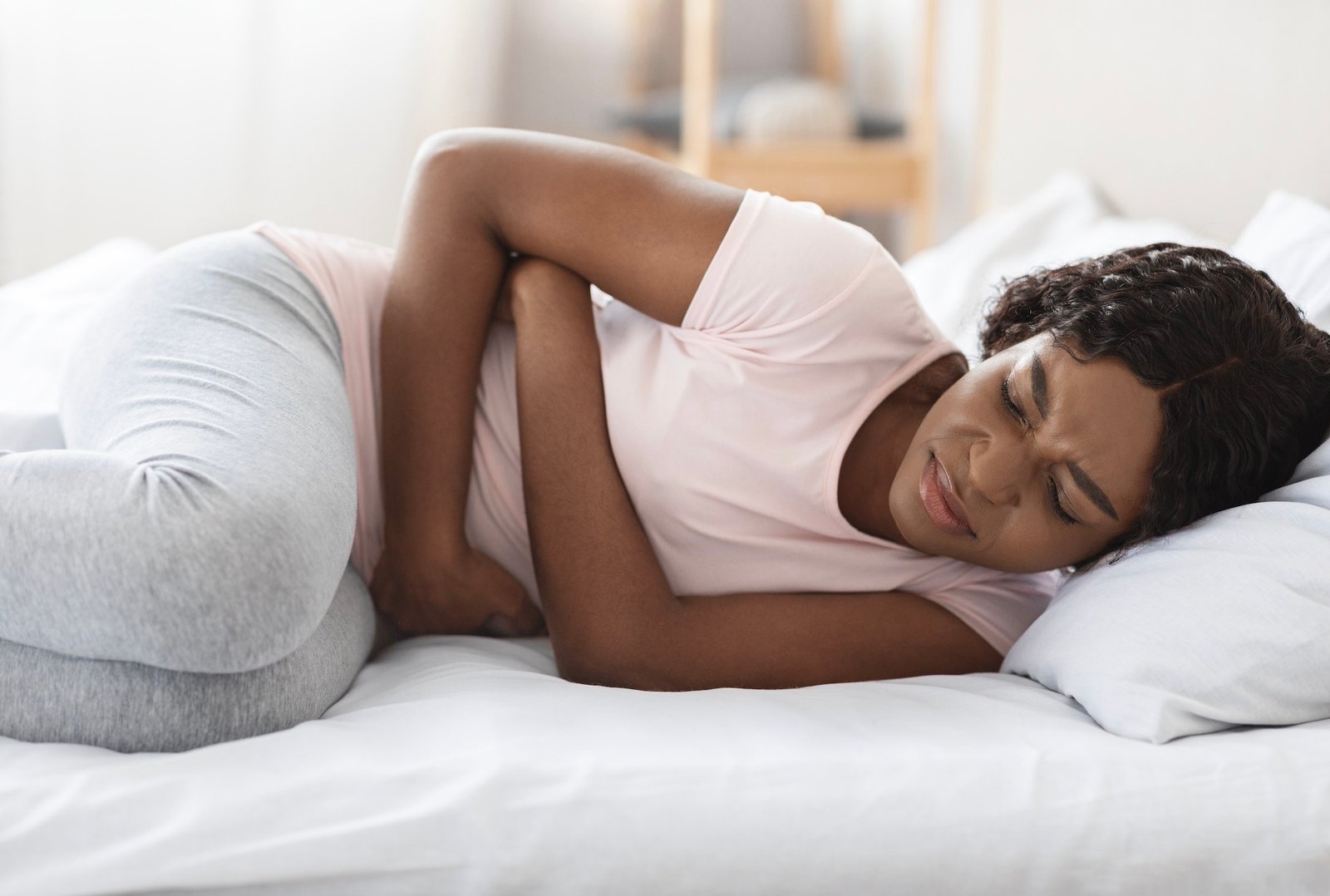South African Home Remedies for Period Pains
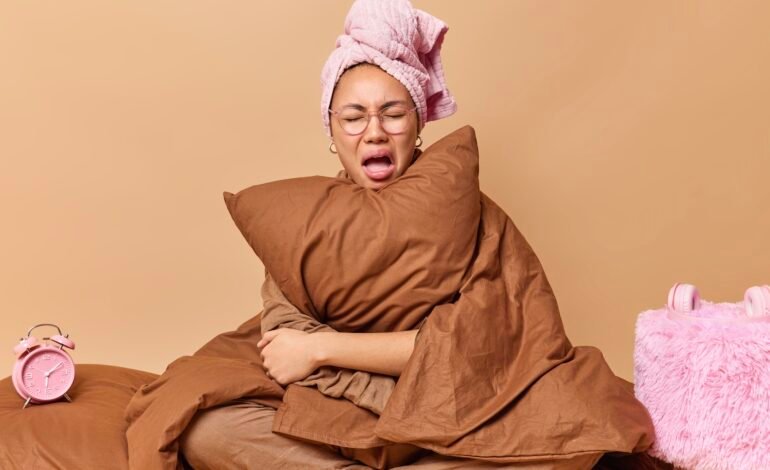
South African Home Remedies for Period Pains
Dealing with period pains? You’re not alone—many women across South Africa experience menstrual cramps that can range from mild discomfort to debilitating pain. While over-the-counter painkillers are often the go-to, many South African women rely on traditional and natural remedies passed down through generations. These remedies not only provide relief but also connect us to our rich cultural heritage.
List of South African Home Remedies for Period Pains
Let’s explore some of the most effective South African home remedies for easing period pains below:
1. Rooibos Tea
Rooibos tea is more than just a soothing drink—it’s packed with antioxidants and has been traditionally used to alleviate menstrual pain. The tea is known for its anti-inflammatory properties, which can help reduce the intensity of cramps. Fun fact: Rooibos is native to South Africa and has been used for centuries in traditional medicine.
How to use it: Steep a bag of Rooibos tea in boiling water for 5-10 minutes. Drink 2-3 cups a day during your period to help ease cramps. You can add a teaspoon of honey for extra comfort and taste.
2. Ginger and Honey
Ginger is a powerful anti-inflammatory root that can help soothe period pains by reducing the production of prostaglandins, which are chemicals that cause uterine contractions. Paired with honey, which has its own anti-inflammatory and soothing properties, this duo can be a real lifesaver during that time of the month.
How to use it: Grate a small piece of fresh ginger and steep it in hot water for about 10 minutes. Strain the ginger, add a teaspoon of honey, and sip slowly. Drink this ginger tea 2-3 times a day to reduce cramps.
3. Hot Water Bottle or Heating Pad
Sometimes, the simplest remedies are the most effective. Applying heat to your lower abdomen can help relax the muscles of the uterus and reduce the pain caused by contractions. This method is widely used across South Africa, often with a traditional hot water bottle.

How to use it: Fill a hot water bottle with warm water (not boiling!) and place it on your lower abdomen for 15-20 minutes. Repeat as necessary throughout the day. If you don’t have a hot water bottle, a heating pad or a warm cloth can also do the trick.
4. Exercise and Stretching
While the idea of exercising during your period might sound unappealing, light exercise and stretching can actually help reduce cramps. Physical activity increases blood circulation and the release of endorphins, which are natural painkillers.
How to do it: Engage in gentle exercises like yoga, walking, or swimming. Focus on stretches that target the lower back and abdomen, like child’s pose or cobra pose. These stretches help alleviate tension in the muscles around your uterus.
5. Aromatherapy with Essential Oils
Aromatherapy is another traditional remedy that has found its way into modern use. Certain essential oils, such as lavender, clary sage, and peppermint, have been shown to reduce menstrual pain when used in aromatherapy or as a massage oil.
How to use it: Mix a few drops of lavender or clary sage essential oil with a carrier oil like coconut or olive oil. Gently massage this blend onto your lower abdomen in circular motions. Alternatively, you can add a few drops of essential oil to a diffuser and inhale the calming scent.
6. African Wormwood (Artemisia afra)
African Wormwood, known locally as “Umhlonyane”, has been traditionally used by many South African communities to treat a variety of ailments, including period pains. This herb has anti-inflammatory and antispasmodic properties that can help relieve cramps.
How to use it: Boil a handful of African Wormwood leaves in water for about 10 minutes. Strain the mixture and drink a cup up to three times a day during your period. Be cautious with the dosage, as too much wormwood can have side effects.
7. Cinnamon
Cinnamon isn’t just for spicing up your food; it’s also a powerful anti-inflammatory and antispasmodic agent. Studies have shown that cinnamon can reduce the intensity of menstrual pain and also help with nausea and vomiting associated with menstruation.
How to use it: Add a teaspoon of cinnamon powder to a cup of warm water or tea. Stir well and drink twice a day. You can also sprinkle cinnamon on your food or take cinnamon supplements, but be sure to follow the dosage instructions.
8. Papaya
Papaya is rich in enzymes like papain that help regulate and ease muscle contractions, making it an excellent fruit to include in your diet during your period. The carotene in papaya also helps stimulate the production of estrogen, which can regulate the menstrual cycle.
How to use it: Eat fresh papaya slices or drink papaya juice a few days before and during your period. This can help reduce the severity of cramps and make your periods more regular over time.
9. Turmeric Milk (Golden Milk)
Turmeric is another powerful anti-inflammatory that’s been used in South African households to manage period pain. Curcumin, the active ingredient in turmeric, has pain-relieving properties that can reduce cramps and even improve your mood.
How to use it: Make turmeric milk by adding a teaspoon of turmeric powder to a cup of warm milk (or a dairy-free alternative). Sweeten with honey and drink before bed to soothe cramps and improve sleep.
10. Fennel Seeds
Fennel seeds are known for their antispasmodic properties, which can help relax the muscles in the uterus, reducing cramps. These seeds are a common remedy in many South African homes and are easy to incorporate into your routine.
How to use it: Boil a teaspoon of fennel seeds in water, strain, and drink it as tea. You can also chew fennel seeds directly or add them to your meals. Drink this tea twice a day during your period for the best results.
Also read: Period Pains but No Period – 7 Causes
These home remedies have been trusted for generations, offering natural relief from period pains without the side effects of pharmaceuticals. While these remedies can be effective, it’s important to listen to your body. If your cramps are severe or persist despite trying these methods, it’s wise to consult a healthcare professional to rule out any underlying conditions.
Remember: Always consult with a healthcare provider before starting any new treatment, especially if you have existing health conditions or are taking other medications.
